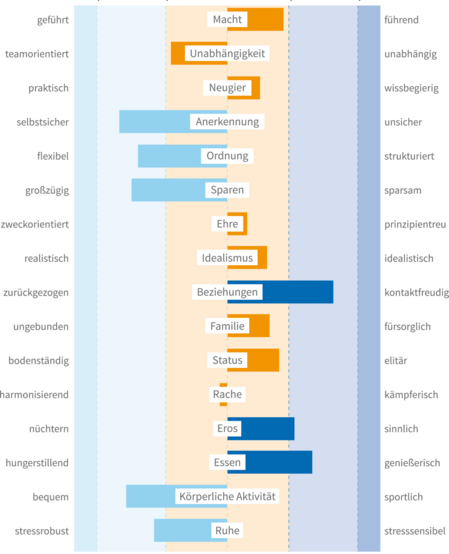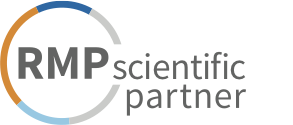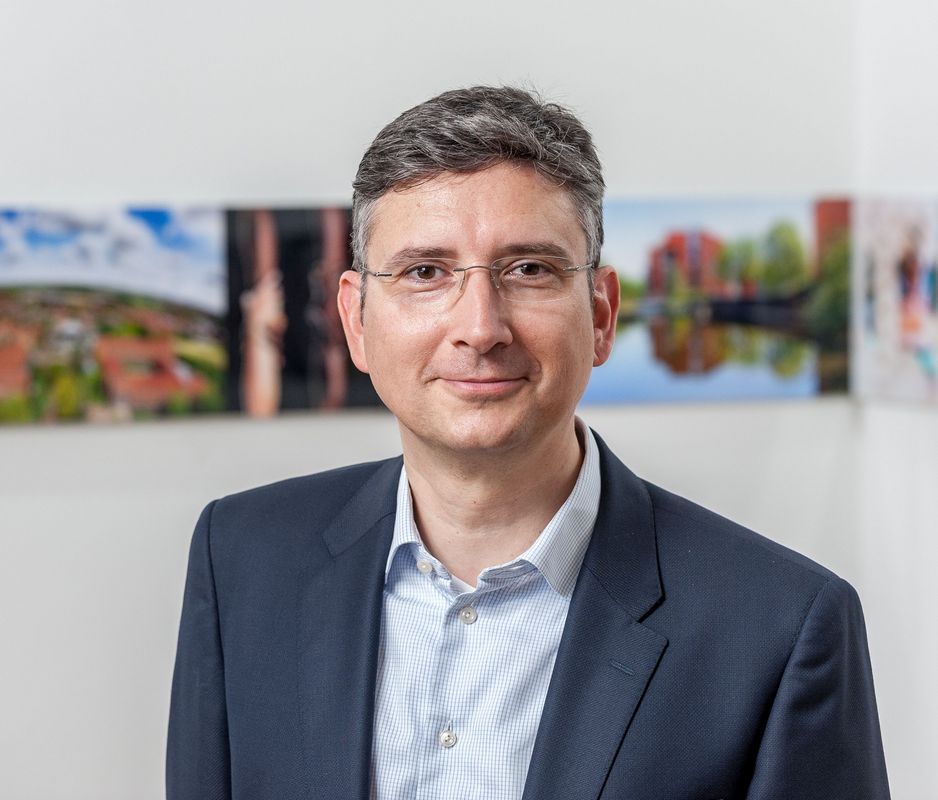Motives are the drivers of our lives!
Motivational psychology is one of the most multifaceted areas of psychological research. Motives are defined and described differently in science. For Schmalt & Heckhausen (1990), a motive is an externally unrecognizable motivation that activates human behavior and steers it toward a specific goal. Rheinberg & Vollmeyer (2012) compare motives to specifically colored glasses, which make very specific aspects of situations stand out and highlight them as important. Since the beginning of motive research, there has also been the question of which methods can be used to capture (i.e., measure) individual differences in people's motive structure.
The Reiss Motivation Profile®

Prof. Dr. Steven Reiss based his research on 16 life motives that determine our lives: Recognition, Eros, Curiosity, Food, Family, Honor, Idealism, Independence, Order, Physical Activity, Power, Saving, Relationships, Status, Rest, Revenge. They are the stuff of which people are made, giving meaning and significance to their existence. And the intensity and expression of these motives are different for each person.
The Reiss Motivation Profile® is an instrument for making a person's individual motivational structure visible. Unlike "conventional" personality tests, which mainly describe how a person behaves, the Reiss Motivation Profile® goes one step further and provides a look beneath the surface of human behavior patterns. The Reiss Motivation Profile® elicits which motives in our lives drive our actions - the motors of our behavior, so to speak.
Emden/Leer University of Applied Sciences: Scientific Partner of RMP Germany
Since June 2018, Emden/Leer University of Applied Sciences has been cooperating as a Scientific Partner with RMP Germany GmbH (https://www.rmp-germany.com), the exclusive license partner of the Reiss Motivation Profile® in Germany. The aim of the cooperation is the application of the Reiss Motivation Profile® at the university, the use in the context of practical projects and the scientific development of the instrument.


